Two Months in Madagascar Studying the Ecology of Infectious Diseases
April 3, 2019
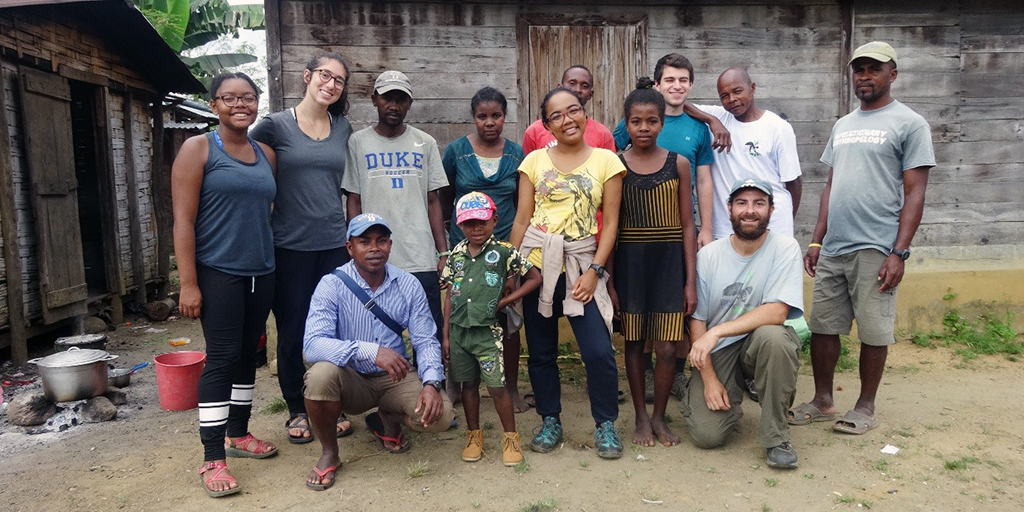
Last summer, a Bass Connections team conducted research on infectious diseases in Madagascar. Three undergraduate students (Ryan Fitzgerald, Ajilé Owens and Lisa Regula) and postdoc James Herrera spent two months in the remote countryside collecting ecological and sociological data. The students shared their biggest challenges, victories and favorite moments; check out excerpts below and follow links to their full stories.
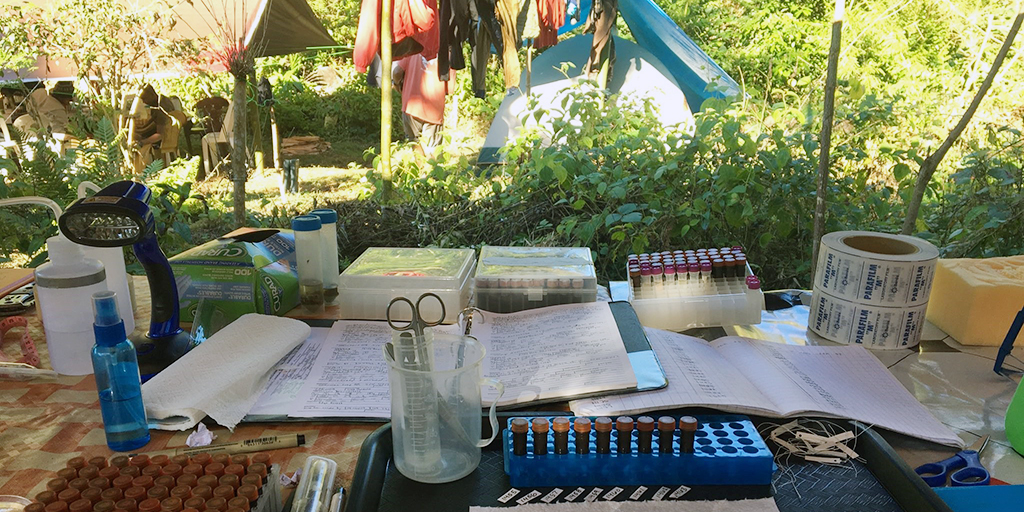
Part of this project involved capturing small mammals to test them for diseases, and although I had a lot of passion, I had never captured or handled animals before. I especially had no idea how I’d be able to collect data and work with animals in our small field camp that was essentially a tarp draped over a few bamboo poles. I knew that working with animals was a big responsibility and I didn’t want to make a mistake and ruin our samples. I was a little shaky at first but after a few days I could handle and collect data on animals on my own. One day, I realized that I was collecting data on my 100th animal. Coming into the summer, I never anticipated that I would grow so independent as a researcher. Being able to handle the animals and collect data by myself was extremely empowering and something I’m sure I’ll use throughout my future in research. –Lisa Regula
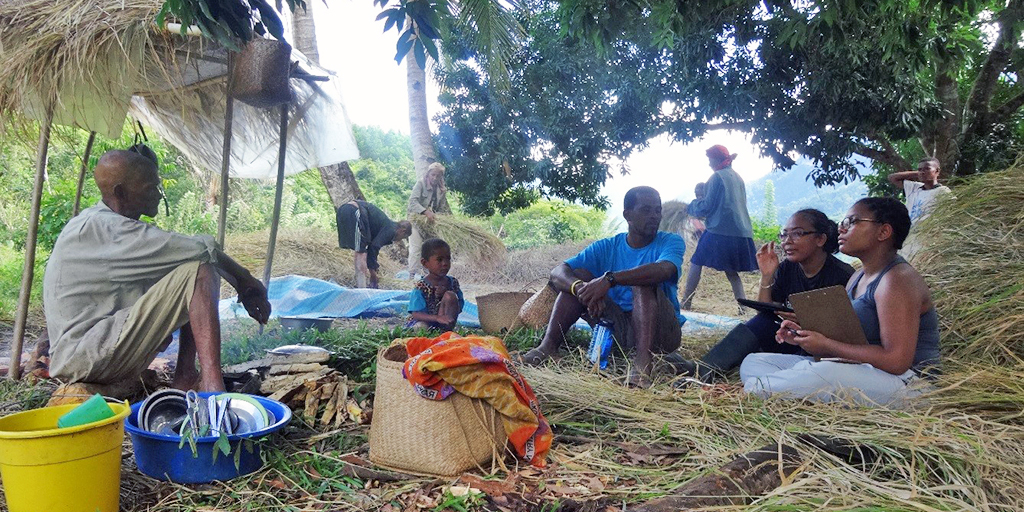
The fieldwork could be pretty draining physically, mentally and emotionally. Some days, there were problems back home, and the nine-hour time difference between home and Madagascar didn’t help. Despite problems back home, I still had to focus on my work in the field. One time, I tumbled across a river after thinking I could cross by myself, limped back to camp and literally cried when my wounds were cleaned with 90% alcohol. All that to say, the biggest challenge was really just rolling with the punches (sometimes literally!) and picking yourself up, dusting yourself off (mostly your ego) and pushing forward to work another day. –Ajilé Owens
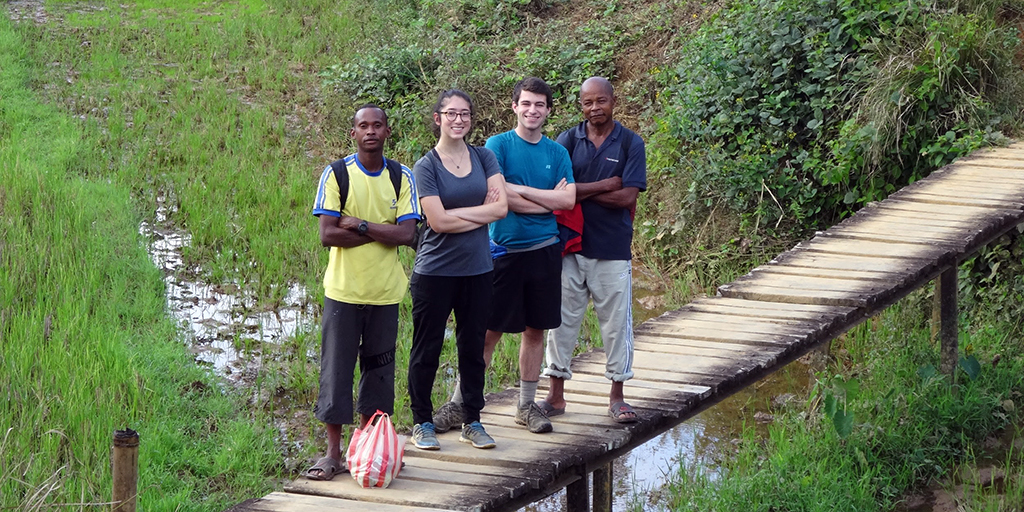
Every morning, I would get up at 5:00 a.m. to go check traps in the village. We’d walk around the village going door to door to find out if we had caught any animals the night before. While it was exhausting, one thing always put a smile on my face. We’d always stop at our assistant’s house to say hello to his family, and to grab some fruit off his trees for a breakfast snack. He was so generous and was so happy to share his fruit, it made us feel like a team. Somehow those bananas were special and tasted better than any bananas I’ve ever eaten before. It’s amazing how much a simple fruit could lift my spirits when I needed it, and I always looked forward to going to his house to visit his family and share a snack. –Ryan Fitzgerald
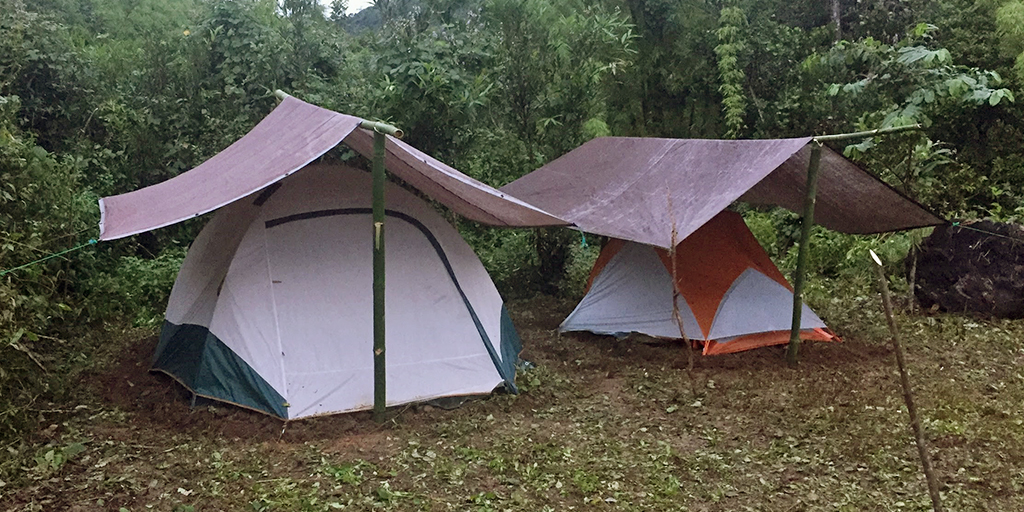
Lisa Regula is a junior majoring in Evolutionary Anthropology and Biology. She is planning to apply for veterinary school, with a focus on exotic animals. Ajilé Owens is a senior majoring in Global Health and Sociology who is applying for master’s and Ph.D. programs in public health and epidemiology. Ryan Fitzgerald is a senior majoring in Global Health and Biology. He is applying for master’s degree programs with a public health focus.
Learn More
- Read about this project team, How Do People Affect Zoonotic Disease Dynamics in Madagascar?
- Check out James Herrera’s reflection on summer fieldwork in Madagascar.
- Come to the Bass Connections Showcase on April 17 to view this team’s poster and talk with team members.
